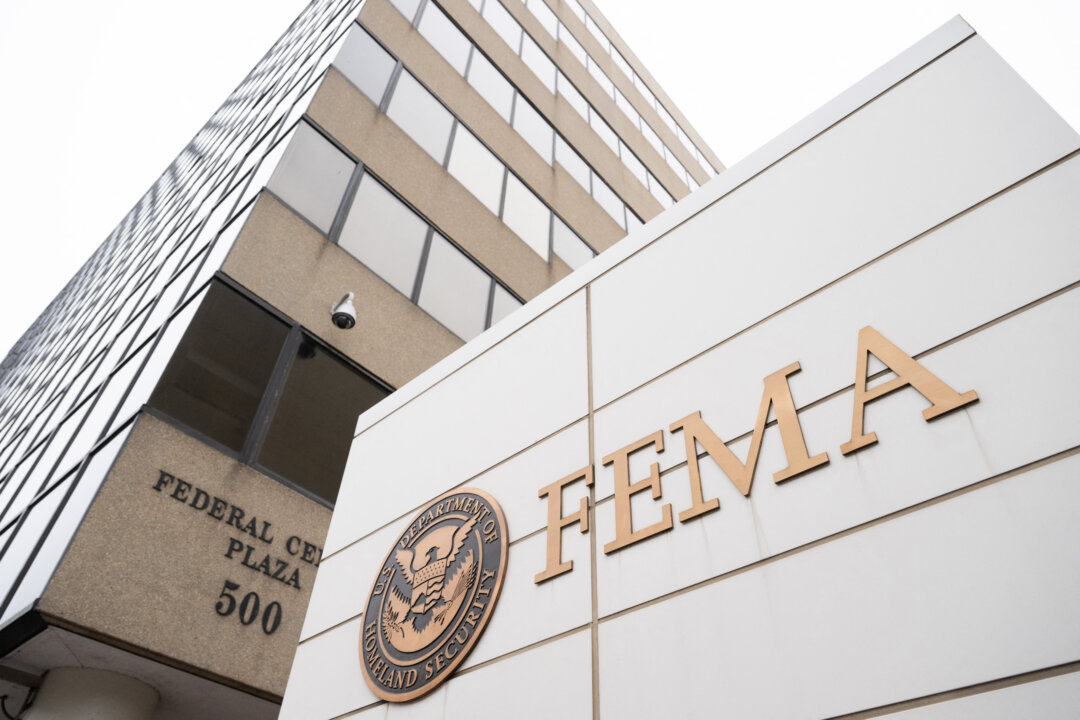I HEARD it a lot from friends (both real and social-media types) after I approached Manchester aldermen earlier this month and encouraged them to remove restrictions on profanity and vulgarities from aldermanic Rule Three, which governs public participation sessions. “I’m all for free speech, but that doesn’t mean we can’t have civility and proper decorum, especially at City Hall,” they say. Yes, it does.
Because free speech is a right, and when society starts whittling down our constitutional right of free speech, we weaken that right and threaten its existence. The New England First Amendment Coalition and I believe that. “Yes, of course,” my friends reply, “but surely we can survive without vulgarity and profanity.

” Former Assistant Police Chief Gary Simmons said as much in his April 11th op-ed in the New Hampshire Union Leader. Yet, right here in Queen City, that thinking threatens the robust discourse that I, and I expect most Manchester residents, want from the public participation sessions. Here are two examples.
On Sept. 3, 2024, Caitlyn Reilly spoke to aldermen about what she witnessed and recorded on her phone days earlier. Reilly described how Manchester police confronted a homeless man and warned he would be the target of a manhunt if he remained in Manchester.
“‘Shoelace express, get the f--- out of here,’” Reilly said, quoting Manchester police. Ruais twice told her — “please,” he intoned — to not use profanities, citing Rule Three. Reilly reminded Ruais that she was only quoting police and continued with her prepared remarks, no further profanities.
Ruais didn’t want the city to hear the language that his own employees, who were later disciplined for their actions , used against someone who was down and out. Two months earlier, Ruais cut off discussion even though no profanity was spoken. It involved Sebastian Rowan, a UNH graduate student and activist in causes such as a ceasefire in Gaza.
Rowan complained about tax breaks for luxury apartments, militarization of police and lack of funding for low-income housing. Then he focused on the transfer of $500,000 from city parks to the police department, “a police department that has shot and killed multiple people this year.” Ruais cut him off and said: “That to me goes over the line of civil conversation.
We’re not going to tolerate that.” Ruais cited a provision of Rule Three that not only prohibits profanity and vulgarity but requires speakers to be civil in their speech and presentation. This illustrates the progressive danger of limitations to speech.
Start with coarse language, move on to radical ideas, then anything that besmirches our dedicated public servants. Pretty soon we will be saying and hearing only what pleases our beloved leaders. The First Amendment Coalition and I applaud Manchester for instituting the public participation sessions, where anyone gets three minutes to address whatever topic they want.
But once the city opens this public square, the mayor can’t control the language. Courts have ruled that content-based restrictions on speech, with the exception of true threats and incitements to lawless actions, are unconstitutional. The First Amendment Coalition and I suggest that the mayor encourage speakers to use appropriate language.
We have faith that most speakers will remain respectful and civil. We also support reasonable limits on behavior. Someone can’t claim a First Amendment right to threaten violence.
Nor can anyone stand up and start shouting while others are speaking. Our proposed rewrite of Rule Three makes that clear. Manchester has opened the floodgates of ideas.
We’ve heard brilliant insight, irrelevance, irreverence and just about everything else. We can sort it out by ourselves — the proverbial good, bad and ugly. We don’t need any help from Rule Three.
.
Politics

Mark Hayward: 'I’m all for the First Amendment, but ...'

I HEARD it a lot from friends (both real and social-media types) after I approached Manchester aldermen earlier this month and encouraged them to remove restrictions on profanity and vulgarities from aldermanic Rule Three, which governs public participation sessions.















